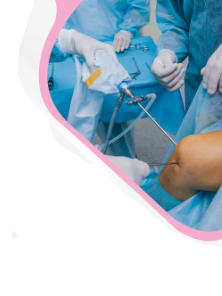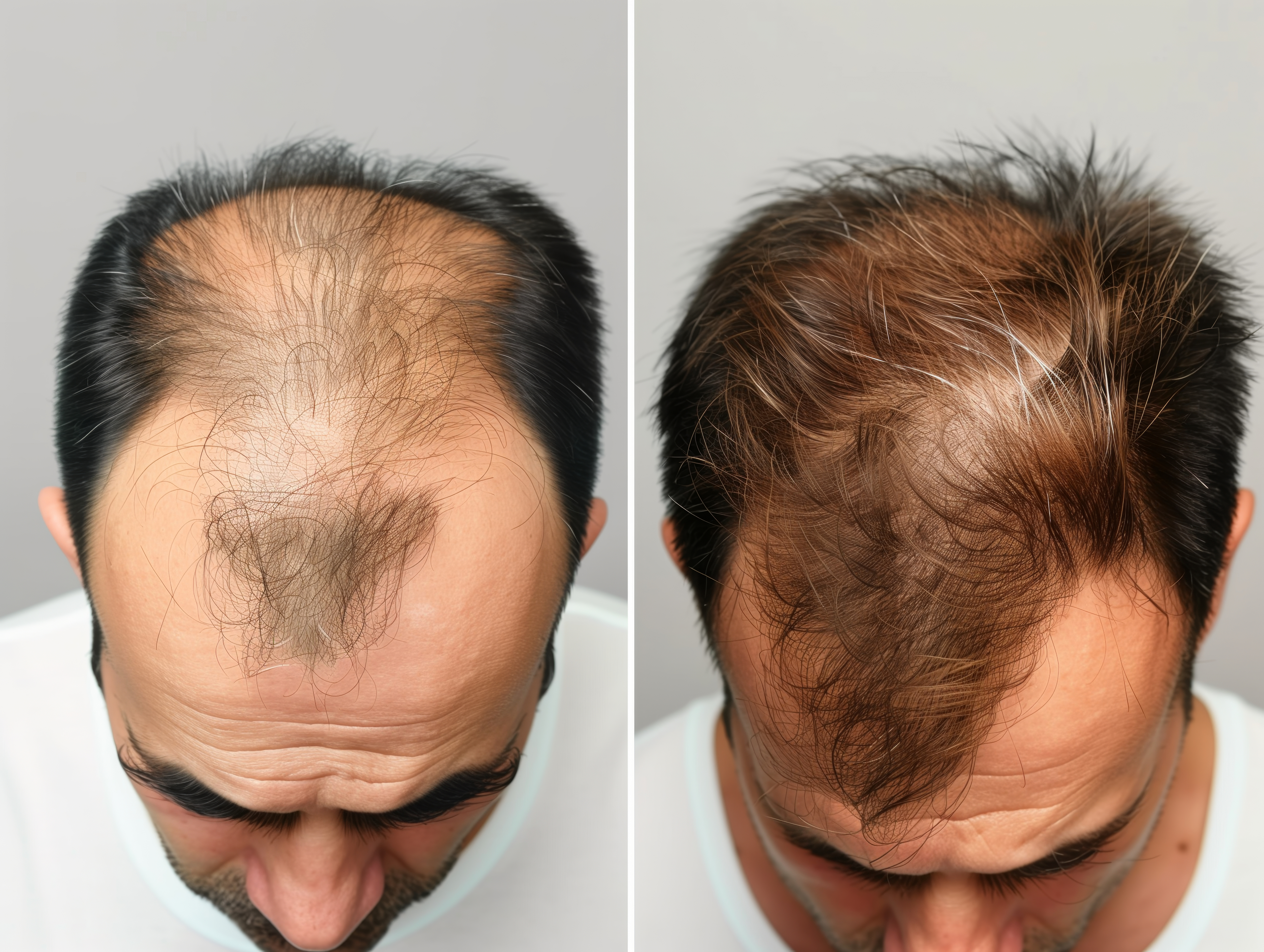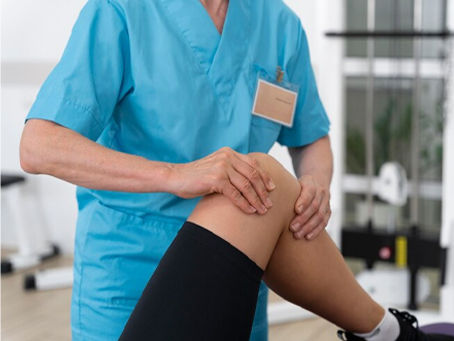Athletes, whether amateur enthusiasts or elite professionals, often face the daunting prospect of anterior cruciate ligament (ACL) injuries. These injuries can be debilitating, affecting performance and potentially sidelining athletes from their favorite sports. The journey to recovery frequently involves ACL reconstruction surgery, a procedure designed not only to restore stability to the knee but also to address the delicate balance between performance enhancement and long-term injury prevention.
1. Understanding the Impact of ACL Injuries on Athletes
-
The Crucial Role of the ACL
The ACL is a vital ligament that stabilizes the knee joint, particularly during movements involving cutting, pivoting, and sudden changes in direction—common occurrences in many sports. Athletes engaged in activities such as soccer, basketball, and skiing are particularly susceptible to ACL injuries due to the demands of their chosen sports.
-
Performance Implications
An athlete's performance can be significantly impacted by an ACL injury. The instability caused by a torn ACL can compromise agility, speed, and overall movement control. Athletes may find it challenging to perform at their peak, affecting both individual and team outcomes.
-
The Decision for ACL Reconstruction
Facing an ACL injury often prompts a crucial decision for athletes: whether to opt for the reconstruction surgery or pursue non-surgical interventions. While not all ACL injuries necessitate surgery, many athletes choose reconstruction to regain optimal knee function and return to their sport with reduced risk of re-injury.
2. The Surgery Journey: Enhancing Performance
-
Restoration of Stability
ACL reconstruction surgery involves replacing the damaged ligament with a graft, typically sourced from the patient's own body (autograft) or a donor (allograft). This meticulous procedure aims to restore stability to the knee, enabling athletes to regain confidence in their movements.
-
Rehabilitation for Performance Enhancement
Post-surgery, an intensive rehabilitation process is initiated. Physical therapy focuses not only on the recovery of knee function but also on enhancing overall athletic performance. Strengthening exercises, agility drills, and sport-specific training are integral components of rehabilitation, aiding athletes in reclaiming their pre-injury prowess.
-
Psychological Impact on Performance
The psychological aspect of returning to sports post-ACL reconstruction is equally significant. Athletes often experience anxiety and fear of re-injury. Rehabilitation programs incorporate mental conditioning to build resilience, confidence, and a positive mindset—essential elements for peak athletic performance.
3. Long-Term Benefits: Injury Prevention
-
Reduced Risk of Re-Injury
This reconstruction surgery not only aims to restore function but also strives to reduce the risk of future ACL injuries. The reconstructed ligament, if properly rehabilitated and strengthened, can provide enhanced stability and durability, lowering the likelihood of re-injury during intense sporting activities.
-
Improved Biomechanics
Rehabilitation after ACL reconstruction focuses on correcting movement patterns and biomechanics to reduce stress on the knee joint. Athletes are educated on proper landing techniques, cutting mechanics, and body positioning, promoting injury-resistant movements in the long term.
-
Preventive Measures for the Entire Kinetic Chain
ACL injuries are often linked to imbalances and weaknesses in the entire kinetic chain—hips, pelvis, and core muscles. Post-surgery rehabilitation programs emphasize comprehensive strength and conditioning, addressing these weaknesses to create a robust foundation that minimizes the risk of future injuries.
4. Challenges and Considerations
The Timing of Return to Play
While ACL reconstruction surgery provides a pathway to return to sports, the timing of this return is a delicate balance. Rushing the process may increase the risk of re-injury, while a cautious approach ensures that the athlete is physically and mentally prepared for the demands of their sport.
Individual Variability
Each athlete's journey post-ACL reconstruction is unique. Factors such as age, fitness level, and adherence to rehabilitation protocols contribute to the variability in outcomes. A tailored approach is essential to address individual needs and optimize performance.
Why Choose Healing Travel?
When considering medical tourism for this reconstruction surgery, Healing Travel emerges as a premier choice for individuals seeking excellence in orthopaedic interventions. With an expansive portfolio of orthopaedic procedures and rheumatism treatments, Healing Travel stands out for its commitment to restoring mobility and enhancing the overall quality of life. Specializing in ACL reconstruction surgery, Healing Travel offers comprehensive packages that include diagnostics, medications, and therapies, ensuring a holistic approach to recovery.
What sets Healing Travel apart is its global presence, providing medical tourism services in Serbia, Croatia, Turkey, India, Israel, and South Africa. This diverse range of destinations allows patients to choose the location that best suits their preferences and needs, all while benefiting from Healing Travel's expertise and dedication to delivering exceptional orthopaedic care. Choosing Healing Travel means opting for a trusted partner in medical tourism, dedicated to transforming the journey to health and mobility.
Summary: Striking the Balance
In the realm of sports, the decision to undergo ACL reconstruction surgery is a strategic one, addressing both short-term performance concerns and long-term injury prevention. The delicate balance between regaining athletic prowess and minimizing the risk of re-injury requires a multidimensional approach—surgical expertise, comprehensive rehabilitation, and a resilient mindset.
Athletes who embark on the path of ACL reconstruction are not merely seeking a return to their pre-injury state; they are forging ahead toward enhanced performance and sustained longevity in their chosen sports. As medical advancements, rehabilitation techniques, and athlete education continue to evolve, the synergy between surgery and performance optimization will play a pivotal role in shaping the success stories of athletes who overcome the challenges of ACL injuries. If you are concerned about knee surgery costs and looking for best cost effective solutions, choose Healing Travel.






Add Comment